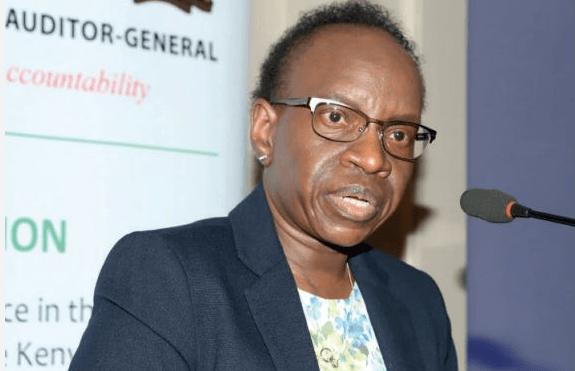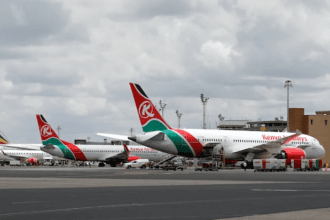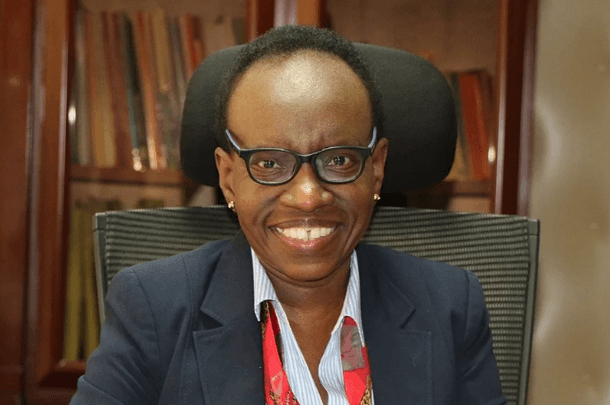
The office of the Auditor General has raised a red flag over the country’s poor global performance in governance and transparency indices, attributing the low ranking to chronic underfunding of oversight institutions.
In a candid assessment, the Auditor-General Nancy Gathungu revealed that under-resourcing of her office and other accountability bodies has severely hampered their ability to carry out thorough audits, investigations, and reporting of key pillars in ensuring good governance and public financial management.
The Weight of Oversight
The Office of the Auditor-General (OAG) plays a critical role in promoting transparency by auditing the use of public resources across national and county governments, state corporations, and other public institutions. These audits are instrumental in uncovering misuse of funds, corruption, and inefficiencies that erode public trust and compromise service delivery.
However, year after year, the Office of the Auditor General has grappled with budget constraints, leaving it ill-equipped to audit the growing number of public entities effectively. The Auditor-General emphasized that the office currently audits over 5,000 public institutions, yet operates with a fraction of the personnel and logistical resources required.
Budget Cuts, Bigger Consequences
According to the Auditor-General, the situation is worsened by repeated budget cuts and delayed disbursements. These financial hurdles have forced the office to scale back its operations, often leading to delays in publishing critical audit reports or in some cases, the inability to audit certain institutions altogether.
This resource gap undermines Kenya’s efforts to meet international standards in public financial management. It also negatively impacts the country’s global ranking in indices such as the Corruption Perceptions Index (CPI), the Open Budget Index, and other governance barometers where audit capacity is a key performance indicator.
A Call for Sustainable Support
The Auditor-General has called on the government and development partners to prioritize sustainable funding for oversight bodies. she quoted….
Without adequate resources we are essentially asking institutions to deliver accountability without giving them the tools to do so
She also stressed the importance of autonomy and timely funding, warning that insufficient support not only weakens audit processes but also emboldens mismanagement and corruption.
Why It Matters
The consequences of chronic underfunding are not just institutional, they are national. A poorly ranked country on governance and transparency scales can deter foreign investment, lower public trust, and hinder the country’s development agenda. Strengthening the Auditor-General’s office is not merely a bureaucratic concern, but rather it’s a national imperative.
Conclusion
As Kenya aims to position itself as a hub of economic growth and good governance in Africa, ensuring its watchdogs are empowered and resourced is a fundamental step. The Auditor-General’s warning should serve as a wake-up call and that the government should know that accountability cannot be achieved on a shoestring budget.





